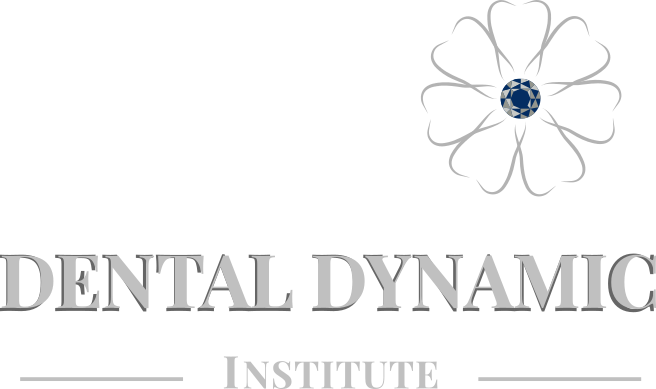Work-Life Balance in the Dental Profession: Tips for a Healthier Life
Maintaining a healthy work-life balance is crucial for dental professionals who often juggle demanding schedules, patient care, and continuous education. Achieving this balance not only enhances personal well-being but also improves professional performance and patient satisfaction. Here are some strategies dental professionals can adopt to maintain a healthy work-life balance.
1. Set Clear Boundaries
One of the most effective ways to balance work and personal life is to set clear boundaries. Define specific working hours and stick to them. Avoid taking work home, and create a distinct separation between professional and personal time. Communicate these boundaries with your colleagues and patients to set realistic expectations.
2. Prioritize Time Management
Effective time management is essential in managing a busy dental practice. Utilize scheduling tools and software to organize your day efficiently. Allocate specific time slots for patient appointments, administrative tasks, and personal activities. By planning your day in advance, you can ensure that all tasks are completed within working hours, leaving you with ample personal time.
3. Delegate Tasks
You don’t have to do everything yourself. Delegate tasks to your dental team and administrative staff. Trusting your team with responsibilities not only eases your workload but also empowers them, fostering a collaborative work environment. Consider hiring additional staff or using outsourcing services for non-clinical tasks if necessary.
4. Embrace Technology
Leverage technology to streamline your practice. Implementing electronic health records (EHRs), online appointment scheduling, and automated reminder systems can save you significant time. Technology can also facilitate remote consultations and reduce the need for in-person visits, giving you more flexibility.
5. Take Regular Breaks
Taking regular breaks throughout the day can prevent burnout and maintain your productivity. Short breaks between appointments can help you recharge and refocus. Use these moments to stretch, take a walk, or simply relax. Encourage your staff to do the same, promoting a healthy work environment.
6. Practice Self-Care
Prioritizing self-care is vital for maintaining overall well-being. Ensure you get enough sleep, eat a balanced diet, and engage in regular physical activity. Practice mindfulness and stress-reducing activities such as yoga or meditation. Taking care of your physical and mental health will enable you to perform better at work and enjoy your personal life more fully.
7. Seek Professional Support
If you find it challenging to balance work and life, consider seeking professional support. A business coach or mentor can provide valuable insights and strategies for managing your practice more effectively. Additionally, mental health professionals can offer support in coping with stress and maintaining emotional well-being.
8. Foster a Supportive Work Environment
Creating a positive and supportive work environment can significantly impact your work-life balance. Encourage open communication, teamwork, and mutual respect among your staff. A supportive work culture can reduce stress and enhance job satisfaction, making it easier to maintain a healthy balance.
9. Set Realistic Goals
Setting realistic and achievable goals can prevent overworking and burnout. Break down larger tasks into smaller, manageable steps and celebrate your achievements along the way. Setting clear, attainable goals helps you stay focused and motivated without overwhelming yourself.
10. Plan for Downtime
Schedule regular downtime and vacations to recharge. Planning time away from work allows you to disconnect and rejuvenate. Whether it’s a weekend getaway or a longer vacation, taking time off is essential for maintaining a healthy work-life balance.
Conclusion
Achieving a healthy work-life balance in the dental profession is not only possible but essential for long-term success and well-being. By setting clear boundaries, managing time effectively, delegating tasks, embracing technology, practicing self-care, and fostering a supportive work environment, dental professionals can enjoy a fulfilling career while maintaining a rewarding personal life. Remember, a balanced life leads to a happier, healthier you, which ultimately benefits your patients and practice.
